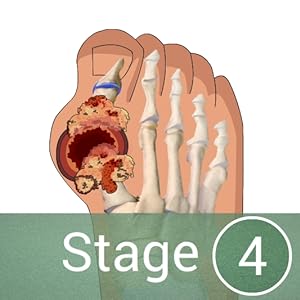
Inflammation and hydration are interconnected aspects of health, and understanding their relationship can be crucial for managing various health conditions and maintaining overall well-being.
Inflammation
Inflammation is a natural and essential part of the body’s immune response. It helps the body to fight off infections, injuries, and toxins, and it plays a role in healing. There are two types of inflammation:
- Acute Inflammation:
- Short-term: Occurs in response to injury or infection.
- Symptoms: Redness, heat, swelling, pain, and loss of function at the affected site.
- Function: Helps to isolate and remove the harmful stimuli and initiate tissue repair.
- Chronic Inflammation:
- Long-term: Persists for months or years.
- Causes: Can result from persistent infections, long-term exposure to irritants, or autoimmune conditions where the immune system attacks the body’s own tissues.
- Associated Diseases: Rheumatoid arthritis, heart disease, diabetes, and certain cancers.
Hydration
Hydration refers to the process of maintaining an adequate balance of fluids in the body. Water is essential for numerous bodily functions, including:
- Transporting Nutrients: Water helps to dissolve nutrients and transport them to cells.
- Regulating Temperature: Through sweating and respiration.
- Lubricating Joints: Reducing friction and wear on cartilage.
- Facilitating Digestion: Aiding in the breakdown and absorption of food.
- Detoxifying: Helping the kidneys filter out waste products from the blood.
Relationship Between Inflammation and Hydration
- Hydration and Immune Function:
- Proper hydration supports the immune system. Dehydration can impair the body’s ability to fight infections, which can lead to increased inflammation.
- Hydration and Inflammatory Response:
- Adequate hydration can help to reduce inflammation. When the body is well-hydrated, it can better transport nutrients and oxygen to tissues, which helps to reduce the inflammatory response.
- Hydration and Joint Health:
- Water helps to keep joints lubricated. Dehydration can lead to increased friction and wear on the joints, potentially worsening inflammatory conditions like arthritis.
- Hydration and Recovery:
- Proper hydration is essential for recovery from injuries and infections. It helps to flush out toxins and metabolic waste products from the body, reducing the burden on the liver and kidneys and potentially lowering inflammation.
Practical Tips for Managing Inflammation and Hydration
- Drink Enough Water: Aim for at least 8 cups (2 liters) of water a day, more if you are active or live in a hot climate.
- Eat Hydrating Foods: Include fruits and vegetables with high water content in your diet, such as cucumbers, watermelon, and oranges.
- Reduce Inflammatory Foods: Avoid excessive consumption of processed foods, sugary drinks, and trans fats, which can promote inflammation.
- Anti-inflammatory Diet: Incorporate foods with anti-inflammatory properties like fatty fish, nuts, olive oil, leafy greens, and berries.
- Stay Active: Regular physical activity can help to reduce inflammation and improve hydration by promoting better blood circulation and metabolism.
- Monitor Your Health: Keep an eye on signs of dehydration (dark urine, dry mouth, fatigue) and inflammation (persistent pain, swelling, redness) and address them promptly.
Conclusion
Maintaining proper hydration is a simple yet effective strategy to support the body’s inflammatory response and overall health. By ensuring adequate water intake and adopting a healthy lifestyle, you can help to manage and reduce inflammation, promoting better long-term health outcomes.





Leave a Reply